Investors roundtable: Watch out for a possible recession
Asset managers should carefully consider how the Fed funds rate and inflation will impact the markets in 2024, experts say
By Nov 16, 2023 (Gmt+09:00)
LG Chem to sell water filter business to Glenwood PE for $692 million


KT&G eyes overseas M&A after rejecting activist fund's offer


Kyobo Life poised to buy Japan’s SBI Group-owned savings bank


StockX in merger talks with Naver’s online reseller Kream


Meritz backs half of ex-manager’s $210 mn hedge fund


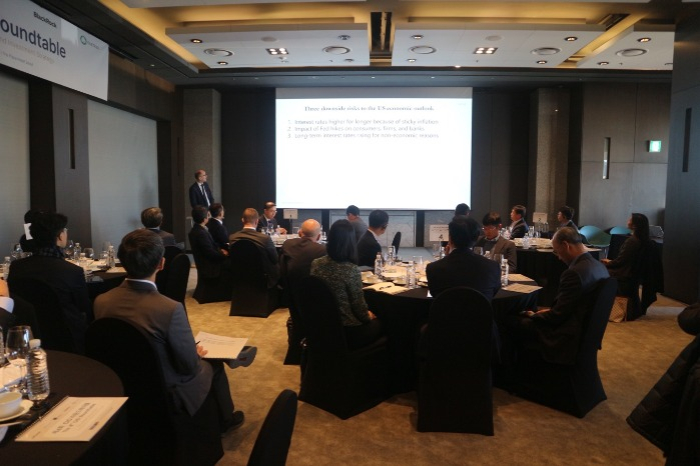
Investors should carefully watch out for the probability of recession and how it will impact asset allocation strategies next year, experts said at a roundtable meeting hosted by The Korea Economic Daily in Seoul last week.
They shared their outlook on the economy, the US Federal Reserve's monetary policy and assets to be competitive next year, during the meeting which chief investment officers and executives from Korean institutional investors attended.
RECESSION POSSIBILITY
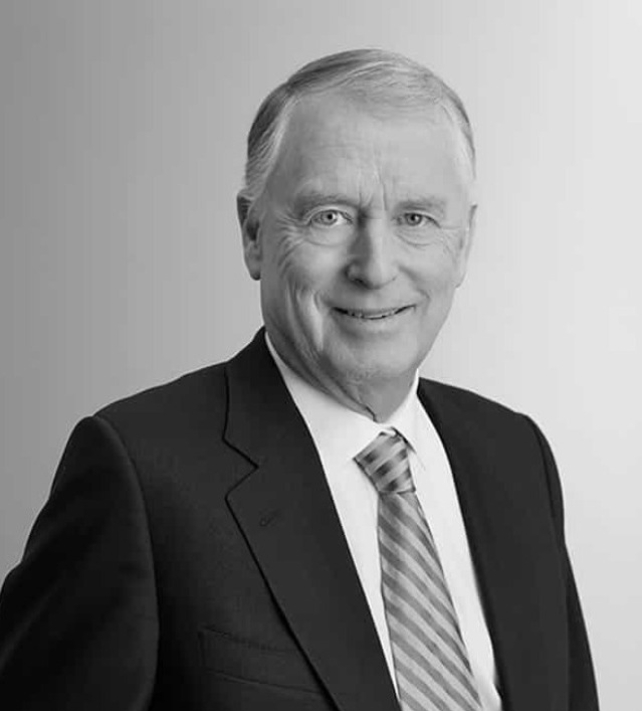
“Personally speaking, I think it’s probably more than 40% possibility that we’d have a recession. When you take the interest rates from basically zero to 5.5%, it’s very hard to get soft landing. I think the best thing that we could get would be some sort of stagflation.”
The rising unemployment rate in the US could be an indication that the country might be headed toward a recession, the Chairman added.
The US economy will play a crucial role in the next presidential election, where Trump and Biden are expected to be two major candidates and a third person could emerge as a very important figure, he explained.
The geopolitical issues could have a real impact on the global economy, he noted.
“I think deterrence is taking a big step forward (in East Asia). The South Korea-Japan meeting at Camp David in August with President Biden sent a very strong message to China. Let’s hope that deterrence does work in East Asia because it has failed elsewhere like in Ukraine and Israel."
INFLATION SLOWDOWN
It is important to see how the rate hikes impact firms and households and to expect the timing of inflation slowdown, Apollo Global Asset Management Partner and Chief Economist Torsten Slok said.
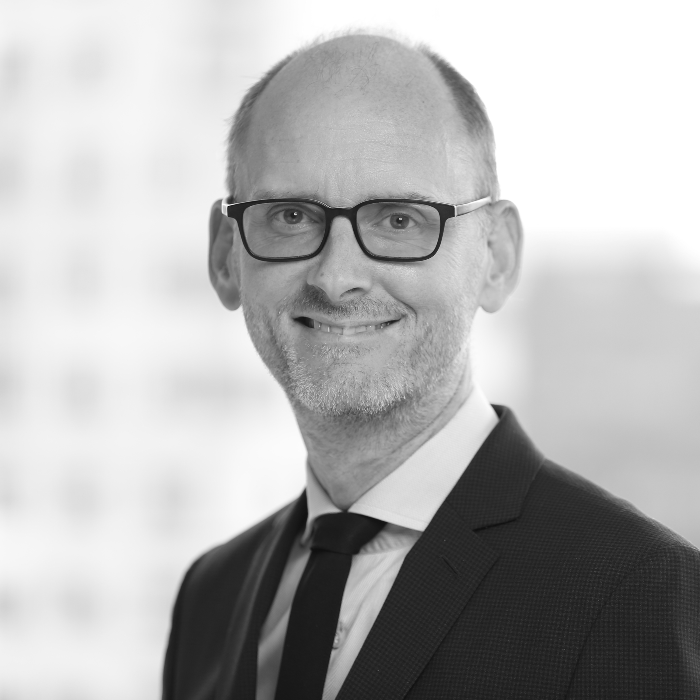
There is a market consensus of a 55% probability of recession in the US and 50% chance in Europe over the next 12 months, according to a Bloomberg data analysis. He sees the forecast right as the Fed will continue its policy to slow the economy.
"In terms of timing our view is that the recession will start in the middle of next year -- the second or third quarter. We need some time until inflation will slow down."
Job creation in the US has declined in recent years and this has supported the Fed's decision to slow inflation, he explained.
“In an employment report, we got 150,000 jobs created in October. There were 300,000 jobs created 12 months ago and 600,000 created 69 months ago. This has led the Fed to conclude we should stop raising interest rates and we should start to keep rates on hold. I think it means that the Fed has begun to think that the slowdown is already in the pipeline.”
LIVING, LOGISTICS
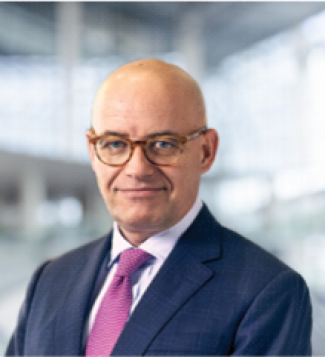
“You can't digitize a bed, and there's no more fundamental real estate sector than living. Some segments that look very attractive in structural terms are multi-family and student accommodation. We also like urban logistics, which is an extension of changes in consumer habits,” the CEO noted.
In the office sector, the asset management firm sees Japan and Korea as very attractive as there are major transactions taking place.
“In Seoul, the vacancy rate in the office sector is around 2% which is significantly lower than in many other cities. It doesn't mean that there's no stress in the office sector but I think it's worth pointing,” he said.
The real estate debt market has evolved significantly since the 2008-2009 global financial crisis, and the cycle will play out in a different way this time, he added.
The average level of debt across the system is much lower than during the GFC, which means extensive losses in the banking system and a large liquidation cycle are less likely this time around, he explained.
“Increased regulatory oversight and reduction in risk appetite by commercial banks will further open the opportunities for non-bank lenders. Debt managers, discretionary capital and the right credit and real estate skills will be well positioned to take advantage of the market,” the CEO said.
RENEWABLE ENERGY
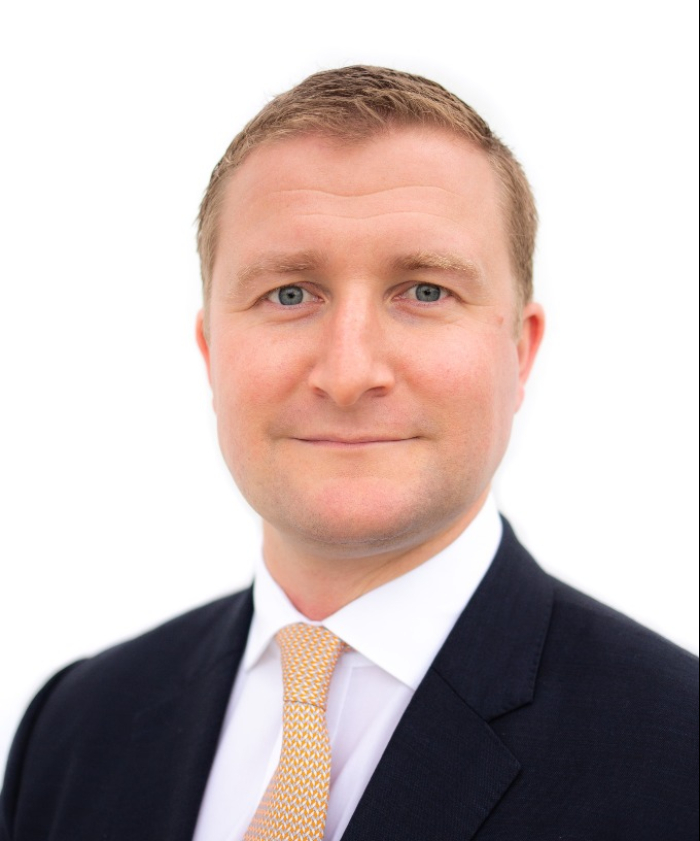
While the "3Ds" – decarbonization, digitalization and decentralization – accelerate capital injection in infrastructure assets, the firm sees a tremendous number of opportunities in renewables which accounted for 33% of its infrastructure deal pipeline during the first half of this year.
BlackRock, through its infrastructure private fund, has invested in two Korean energy developers – Kredo Holdings and Brite Energy Partners. He said Korea will generate exciting opportunities for renewables that make the market attractive.
“When you look at Korean companies and their CEOs’ ambition, the country presents great investment opportunities that we haven't seen before. When we think about it through the lens of renewables, our partnerships with Korean firms will create a good foundation for us to do this at scale and I think Korea is a microcosm of the broader thematic,” he noted.
He also emphasized that local strategy is important when entering the infrastructure market.
"You need to have a Korean strategy built for Korea. The reason I mentioned the companies that are successful in many aspects of the economy is that we have built a strategy that involves being part of the local ecosystem in Korea versus replicating a global approach,” he said.
Write to Jihyun Kim at snowy@hankyung.com
Jennifer Nicholson-Breen edited this article.
-
 Real estateMirae Asset to be named Korea Post’s core real estate fund operator
Real estateMirae Asset to be named Korea Post’s core real estate fund operatorApr 29, 2025 (Gmt+09:00)
-
 Asset managementMirae Asset bets on China as Korean investors’ US focus draws concern
Asset managementMirae Asset bets on China as Korean investors’ US focus draws concernApr 27, 2025 (Gmt+09:00)
-
 Alternative investmentsMeritz backs half of ex-manager’s $210 mn hedge fund
Alternative investmentsMeritz backs half of ex-manager’s $210 mn hedge fundApr 23, 2025 (Gmt+09:00)
-
 Real estateRitz-Carlton to return to Seoul, tapped by IGIS Asset for landmark project
Real estateRitz-Carlton to return to Seoul, tapped by IGIS Asset for landmark projectApr 22, 2025 (Gmt+09:00)
-
 Real estateS.Korean gaming giant Netmarble eyes headquarters building sale
Real estateS.Korean gaming giant Netmarble eyes headquarters building saleApr 18, 2025 (Gmt+09:00)


